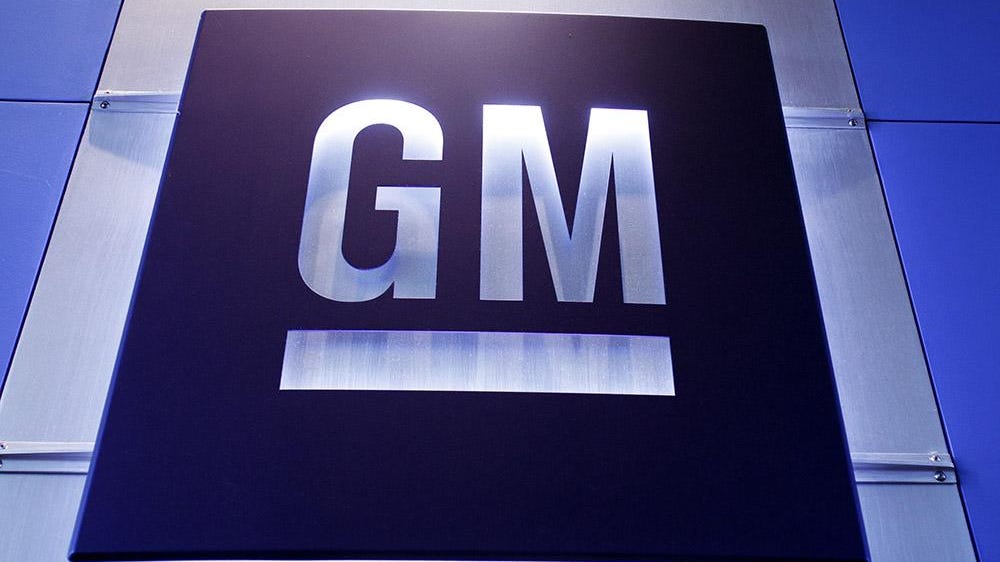GM's 'nuclear' FCA racketeering suit difficult to prove

Detroit — It will not be easy for General Motors Co. to prove its bombshell claim that Fiat Chrysler Automobiles NV violated federal racketeering law, undermined collective bargaining and hurt GM's business, experts say.
In a federal lawsuit filed last week, GM says FCA and its executives "corrupted the implementation" of United Auto Workers' collective bargaining agreements in 2009 coming out of their federally induced bankruptcy and "corrupted the negotiation, implementation, and administration of the 2011 and 2015 agreements."
The suit, which claims GM suffered "massive monetary damage" by FCA's actions over the past decade, alleges violations of the Racketeering Influenced and Corrupt Organizations Act, or RICO.
The question is: "How can GM prove it would be more profitable in the absence of these bribes," said Jeff Grell, attorney at the Minneapolis law firm Grell Feist PLC who has taught RICO law at the University of Minnesota for 20 years and wrote a book on RICO. "From a litigation standpoint, I think it’s a very difficult claim. It will interesting to see if it survives a motion to dismiss."
Specifically, GM contends the company's late CEO, Sergio Marchionne, conspired with UAW officials in a bribery scheme that ultimately gave FCA lower labor costs than GM. Some of the advantages allotted to FCA and not GM include having more temporary and in-progression employees who are paid less than traditional employees.
GM's decision to use the RICO Act to go after FCA is an unprecedented move by an automaker that was the "nuclear" and difficult option for GM to pick, experts say. GM has to show that a pattern of racketeering exists, that actions taken during union negotiations directly harmed GM, and that those actions weakened GM's profitability.
RICO civil suits between competing businesses do happen. But Peter Henning, a Wayne State University law professor and former federal prosecutor, couldn't recall one between two automakers.
Grell cites a RICO lawsuit filed by Procter & Gamble Co. against Michigan-based Amway Corp. P&G alleged that Amway and its distributors circulated false statements about P&G being associated with Satanism. The RICO claim was dismissed because P&G’s lost-profit claim was too far removed from the alleged wrongful conduct under RICO, Grell said.
When GM announced the lawsuit, FCA was quick to question GM's timing — coming during the automaker's contract talks with the United Auto Workers and its merger talks with Groupe PSA of France, maker of Peugeot and Citroen vehicles. GM denied FCA's claim.
The timing could have been more centered around the four-year statute of limitations on RICO civil lawsuits. GM could have waited and claimed that FCA concealed the fraud so the statute of limitations would then be suspended, but "generally, you want to avoid any potential statute of limitations argument," Grell said.
Experts generally agree this will be a tough case for GM, Grell doesn't think it's a "frivolous" lawsuit. The detailed accounts of corruption by the federal government are ammunition for GM.
"Given the prior criminal convictions, that whole part of the claim is strong obviously because it’s been an established fact that these bribes were paid," Grell said.
Under RICO, GM must prove that FCA committed a pattern of crime. In its filing, GM backs up its claims with information provided through federal indictments and convictions in the UAW corruption probe. To date, there have been 13 charged and 10 convicted. Three of the convictions were FCA executives: Alphons Iacobelli, Jerome Durden and Michael Brown.
All of them are also defendants in GM's lawsuit. Iacobelli, who is serving a 5½ year prison sentence, admitted to paying more than $1.5 million to UAW officers and employees to sway union contract negotiations.
In Iacobelli's sentencing filing from August 2018, Iacobelli's attorney, David DuMouchel, detailed how the corruption went beyond Iacobelli: "The system of corruption that has been exposed here did not begin with Al Iacobelli."
The difficulty for GM is showing how FCA's bribery of UAW officials directly affected Detroit's largest automaker. A chain of events that caused the harm is not what the statute was designed to address, Grell said.
"It’s designed to address essentially what was taken out of your pocket," he said, "and in this case there’s no allegation that Fiat Chrysler put its hand into GM’s product and took money."
Henning agreed that "the big challenge for General Motors is going to be proving if they lost anything because of what Chrysler did. RICO cases are never easy. There’s been a bunch of guilty pleas from Fiat Chrysler executives, but that alone doesn’t prove the negotiations process was corrupted. It doesn’t prove that this was harmful for General Motors.”
The party more directly affected in this case would be the FCA employees. They might have been harmed by FCA executives giving bribes to the union officials negotiating contracts for these employees.
"The idea was to get a better deal than was reasonable out of the union, and that’s why they bribed them," Grell said. "The directly injured people are the union members, and under RICO you are just not supposed to be going beyond those union members, the direct victim."
If GM wins the case, the damages are tripled under RICO. GM didn't specify how much it's seeking in damages. JPMorgan Analyst Ryan Brinkman recently estimated that GM could seek between $6 billion and $15 billion.
"The RICO route is nuclear," said Erik Gordon, professor at the University of Michigan's Ross Business School. "If FCA loses a RICO case, I am not sure what the consequences would be. But it would certainly be game-changing for the company."
khall@detroitnews.com
Twitter: @bykaleahall
Staff Writer Breana Noble contributed.